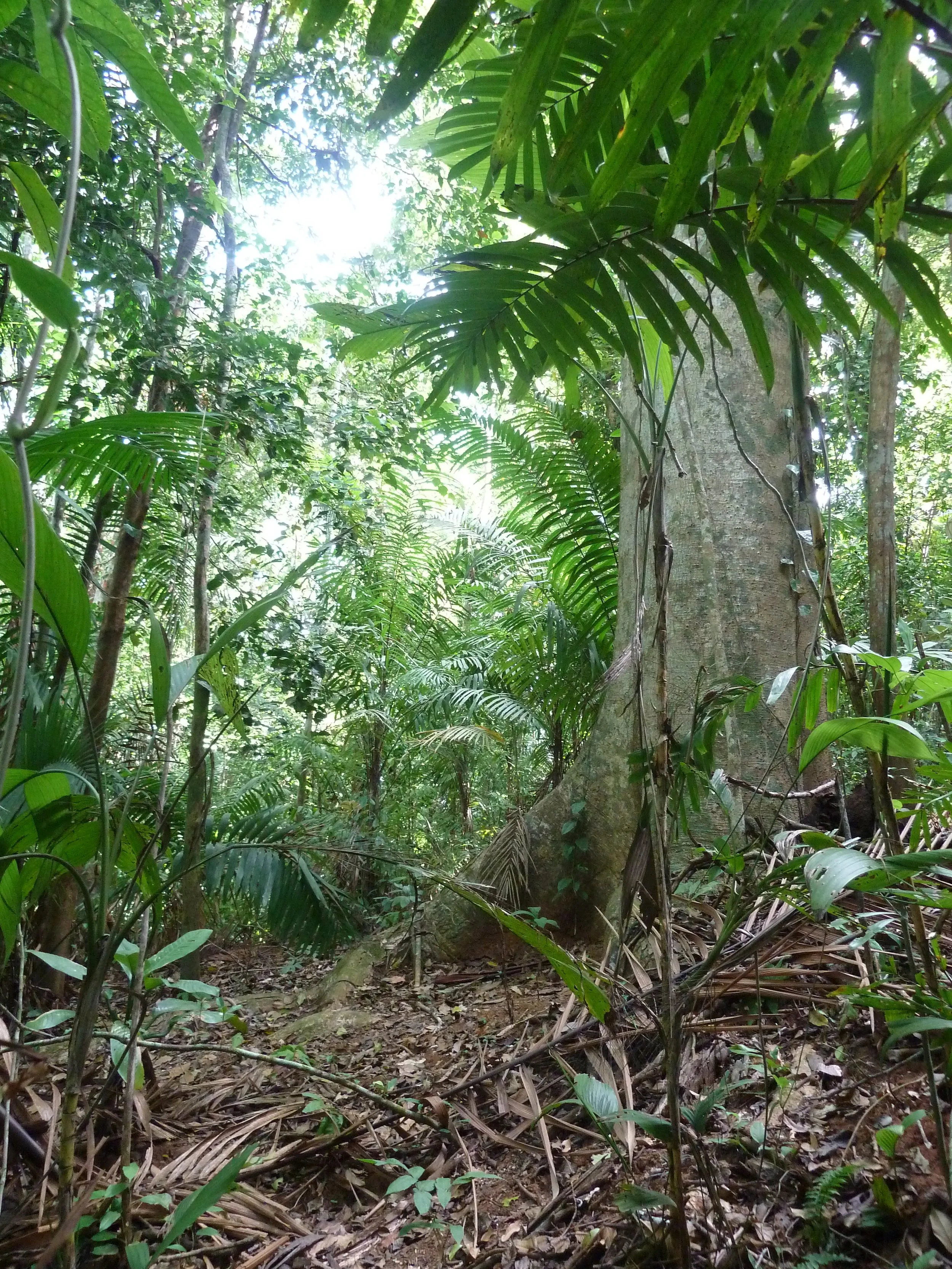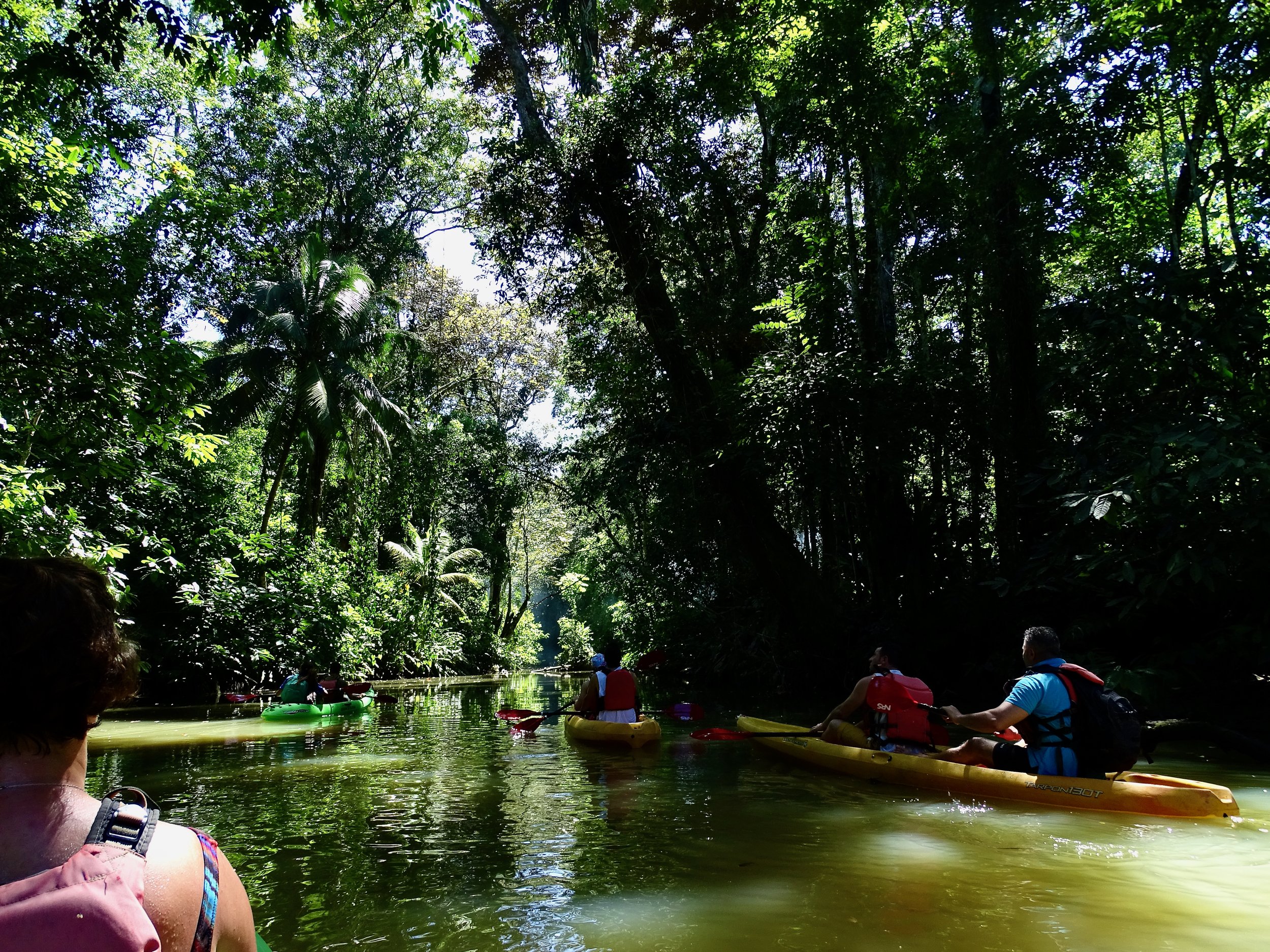Happy International Day of Forests!
THE INTERCONNECTEDNESS OF FORESTRY AND HEALTH
Forests are very vital to human survival. They provide food, medicine, purify air and water and are essential component of mental wellness. A population of approximately 1.6 billion people including indigenous peoples with unique cultures directly depend on forests for food, fibre, water, and medicine.
Each year more than 13 million hectares (32 million acres) of forests are lost, that is a huge loss for us all. As the forests disappear so does plant and animal species that call them home disappear. Forests embrace 80% of all terrestrial biodiversity. Today, forests cover more than 30% of the world's land and contain more than 60,000 tree species, many as of yet unidentified.
Climate change is one of the most recent challenges that threaten human survival on our only home – the Earth. Forests play a critical role in climate change. Deforestation contributes 12-18 percent of the world's carbon emissions, a figure almost equal to all the CO2 from the global transport sector. Healthy forests on the other hand are playing a crucial role in climate change mitigation by being one of the world’s primary carbon sinks. Hence more needs to be done to enhance this role.
Forest therapy has over the years been used for its significant benefits on physical health. However, currently, several studies have shown the immense benefits of forestry and forest bathing on mental health. In one of the ground breaking systemic reviews on impact of forest bathing on health, it was found that forest bathing has substantial effect on cardiovascular system where it aided the lowering of blood pressure, and hear rate in both health and patients with high blood pressure. In addition, it was found to positively impact mental health by reducing anxiety related diseases, symptoms of depression and angers in mental health patients and generally stabilize mood among the healthy population by providing a calming effect. In other studies, forest bathing was found to have promotive, preventive and curative health benefits in immunological conditions, inflammatory related diseases, cardiovascular diseases and mental health.
Humans are part of nature and share a unique connection with nature, once this connection is broken or weakened, human life suffers unhealthy consequences. If you’ve ever lived in both a crowded city and the countryside, you can tell the difference in the calmness and ambience of the countryside vis-à-vis the noise and chaos of the city. We all don’t need to move to the countryside to experience this calmness. You can do this by taking a walk to the nearest forest/nature trail or you can hike over the weekend in the distant forests and/or parks. You can also create a community of forest lovers and slowly turn the landscape around you into a magnificent relaxing spaces filled with trees and sounds of nature. If you live in an urban setting chances are these spaces are scarce, but you can be agent of the change you want to see. Start somewhere. If you can’t successfully plant trees in public spaces, then do so in containers even in your rented space. Yes! Container planting can help you achieve that forest calmness you’ve been looking for in a while. As a bonus point you can plant fruit trees such as oranges, dwarf avocadoes, apples, among others and enjoy fresh delicious fruit straight from your orchard. Congratulations you just practiced urban agroforestry!
References
Bolton, A. V., Montag, D., & Gallo, V. (2022). Global forestry areas, deforestation and mental health: A worldwide ecological study. The Journal of Climate Change and Health, 6, 100109.https://www.sciencedirect.com/science/article/pii/S2667278221001061
Stier-Jarmer, M., Throner, V., Kirschneck, M., Immich, G., Frisch, D., & Schuh, A. (2021). The psychological and physical effects of forests on human health: A systematic review of systematic reviews and meta-analyses. International journal of environmental research and public health, 18(4), 1770. https://www.ncbi.nlm.nih.gov/pmc/articles/PMC7918603/
Wen, Y., Yan, Q., Pan, Y., Gu, X., & Liu, Y. (2019). Medical empirical research on forest bathing (Shinrin-yoku): A systematic review. Environmental health and preventive medicine, 24(1),1-21.https://environhealthprevmed.biomedcentral.com/articles/10.1186/s12199-019-0822-8
https://www.happyinnature.net/post/forest-therapy-what-is-it-and-what-are-its-benefits

